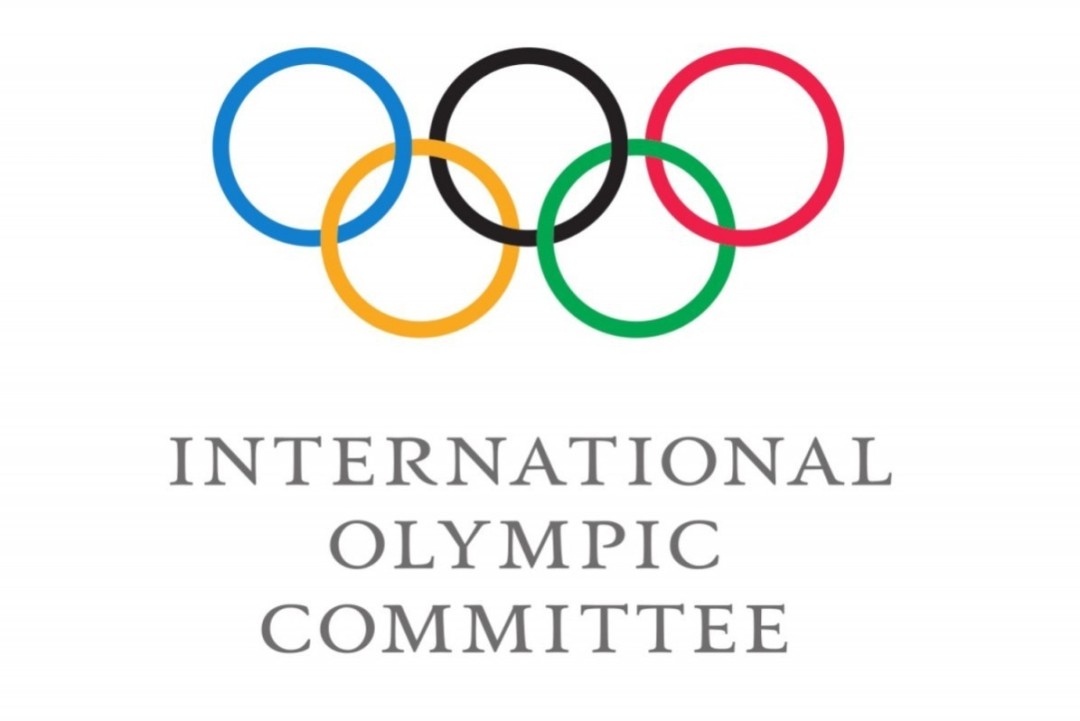Thu, August 01, 2024
IOC calls for dialogue between U.S. and WADA over doping dispute

The International Olympic Committee (IOC) has called for discussions between the World Anti-Doping Agency (WADA) and the United States, including the U.S. Anti-Doping Agency (USADA), to resolve a dispute over doping jurisdiction.
On Tuesday, a bipartisan group of U.S. lawmakers threatened to withdraw U.S. funding from WADA, criticising it for not adequately investigating alleged doping by Chinese Olympic swimmers. The U.S., the largest single-country funder of WADA, accused the global anti-doping body of failing to disclose that 23 Chinese swimmers tested positive for the performance-enhancing drug trimetazidine (TMZ) months before the 2021 Tokyo Olympics.
The Chinese swimmers were cleared by a Chinese investigation, which concluded they were inadvertently exposed to the drug through contamination at a hotel. However, the U.S. Department of Justice has since launched its own investigation. WADA stated it had no evidence to contest China's findings.
This incident has cast a shadow over the upcoming Paris Olympics and has ignited a significant conflict between global and American anti-doping agencies. The IOC has asserted that WADA is the sole global authority on anti-doping matters.
In response to U.S. allegations, WADA announced it would refer USADA to the Independent Compliance Review Committee. This action could threaten the U.S.'s plans to host the 2028 Summer Olympics in Los Angeles and the 2034 Winter Olympics in Salt Lake City.
The IOC, which established WADA, has instructed the U.S. to adhere to international anti-doping standards. An amendment to the host city contract for the 2034 Games in Salt Lake City allows the IOC to terminate the agreement if WADA's authority is not respected.
Compliance with the anti-doping code is mandatory for any country wishing to compete in or host international sporting events. A ruling against the U.S. in this review could result in forfeiture of both participation in and hosting of future Olympic Games.
At a press conference, IOC spokesperson Mark Adams said: "We have asked for a dialogue between WADA and all the stakeholders. From our understanding, the question is about respect for international agreements, and those agreements have been signed by everyone around the world, including the United States."



